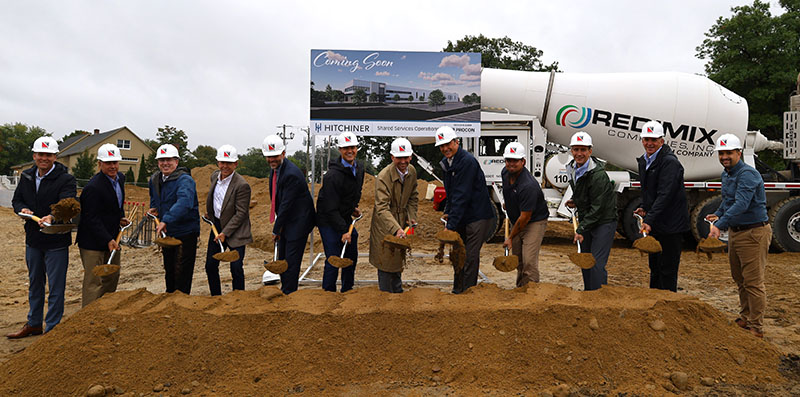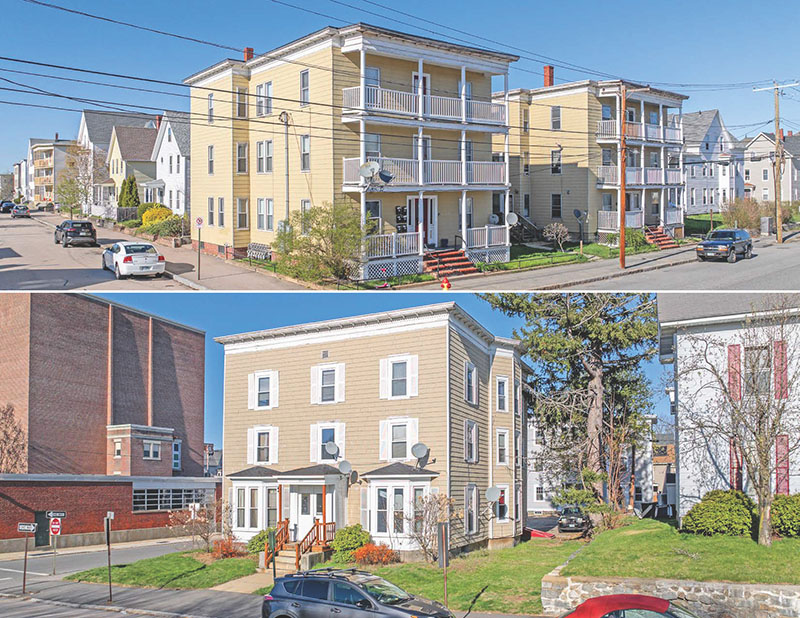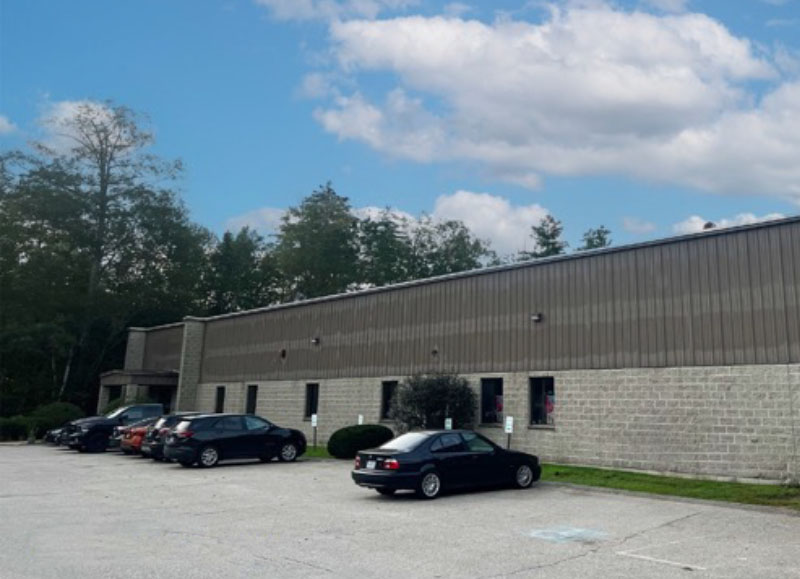November 2024 NH CIBOR president’s message: 10 tips for commercial real estate investors - by Ethan Ash

While many Realtors will tell you what you need to do in order to sell your residential property at the highest price (clean out the junk, update bathrooms and kitchens, paint, etc.) most people don’t get easy to follow guidance on what to do to help your commercial real estate sale. Other than that advice that I have given many times of ‘raise your rents’, there are things you can do to improve the sale price and time on the market. So here are some tips for what to do to your property that are not simply about income:
1. Address any environmental issues. This can be figured out by a Phase I environmental report or seeing if there are any outstanding issues on the Dept. of Environmental Safety’s website (www.des.nh.gov/onestop-navigation). Even if you don’t want to address the issues, quotes on how to mitigate this item helps buyers not dramatize the potential issue while you are under contract.
2. Breaking out utility systems when possible. When you have multiple units in a single property, having a single heating, electric, or water system makes it difficult to keep costs under control or be able to lease to certain tenants. It does not apply with all properties, but when you see the possibility it does help attract more buyers.
3. Improve curb appeal and visibility of the property. Your business may not need drive by traffic, but many businesses do. If your property is covered with low branches and bushes or the entrance to the site is not clear and very obvious, some buyers will not be interested in even taking a look at your property - particularly if they don’t think their customers would be attracted to that space.
4. Clean up the site. If you have an old trailer, vehicles that do not work, inventory that you are planning on writing off, then the time is now to address these items.
5. Service systems. Best to have the heating, septic, and water systems serviced so that if there are issues, you can address them up front and buyers will know that there are no problems before they make an offer.
6. Get multiple quotes. If you know roof, windows, paving, or heating system(s) need to be addressed, it’s best to get quotes before offering your property for sale. This way interested parties know how much it would cost and who could do the work.
7. Every $100 saved is $125 earned. If there are ways to cut expenses, then you will be able to see the improved value when you sell.
8. Don’t try and time the market. Once you come up with a plan just move forward. Don’t worry about what you are seeing in the market. Commercial transactions take longer than residential transactions on average, so by the time your property has offers, agreements and due diligence, the market may have already shifted.
9. Address liens on property. Make sure no tax, contractor, or utilities liens are on the property.
10. Have management lined up. Even if you manage the property yourself, knowing what a company would charge to manage your property is helpful since some buyers will not want to manage your property themselves. Having this lined up will open up your buyers from a greater area.
Ethan Ash is the 2024 president of the N.H. Commercial Investment Board of Realtors, Bedford and is a real estate agent at Coastal Land & Commercial Group, Keller Williams Coastal, Lakes & Mountains, Portsmouth, N.H.
PROCON and Hitchiner break ground on 57,000 s/f shared services operations facility








.png)